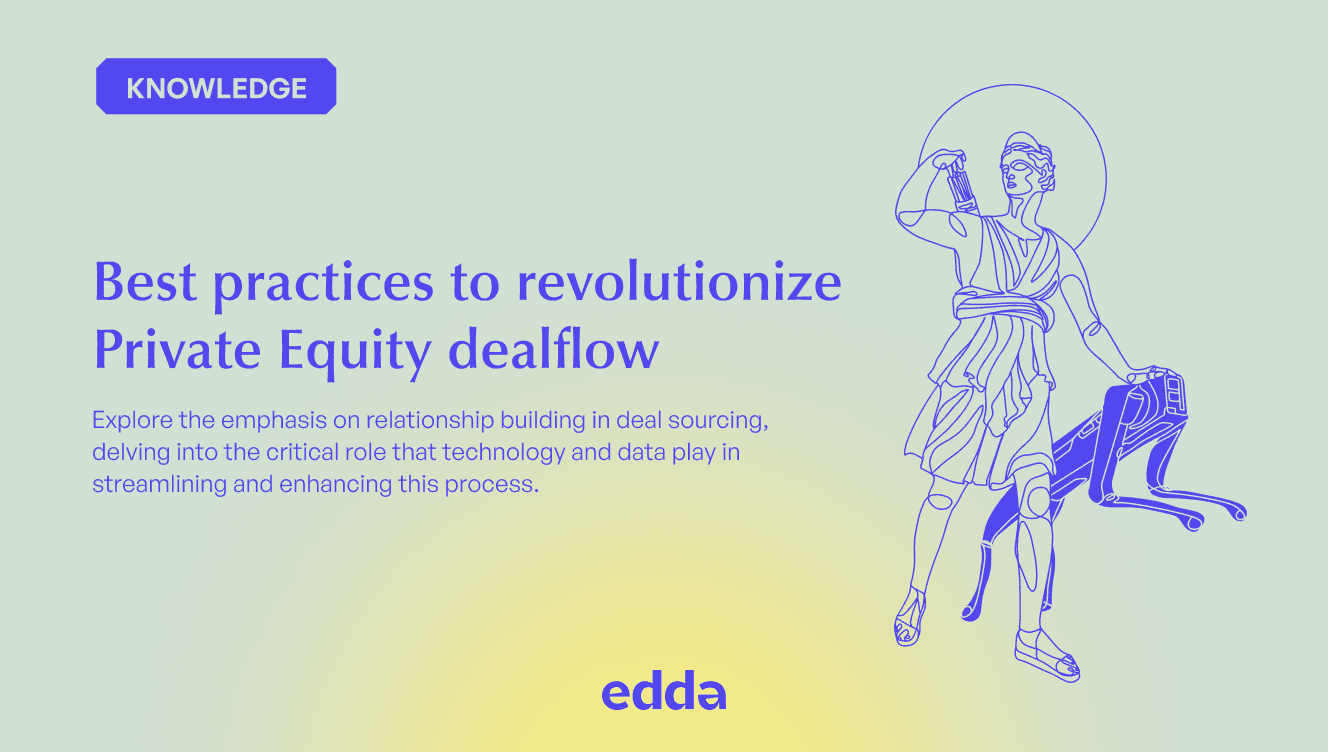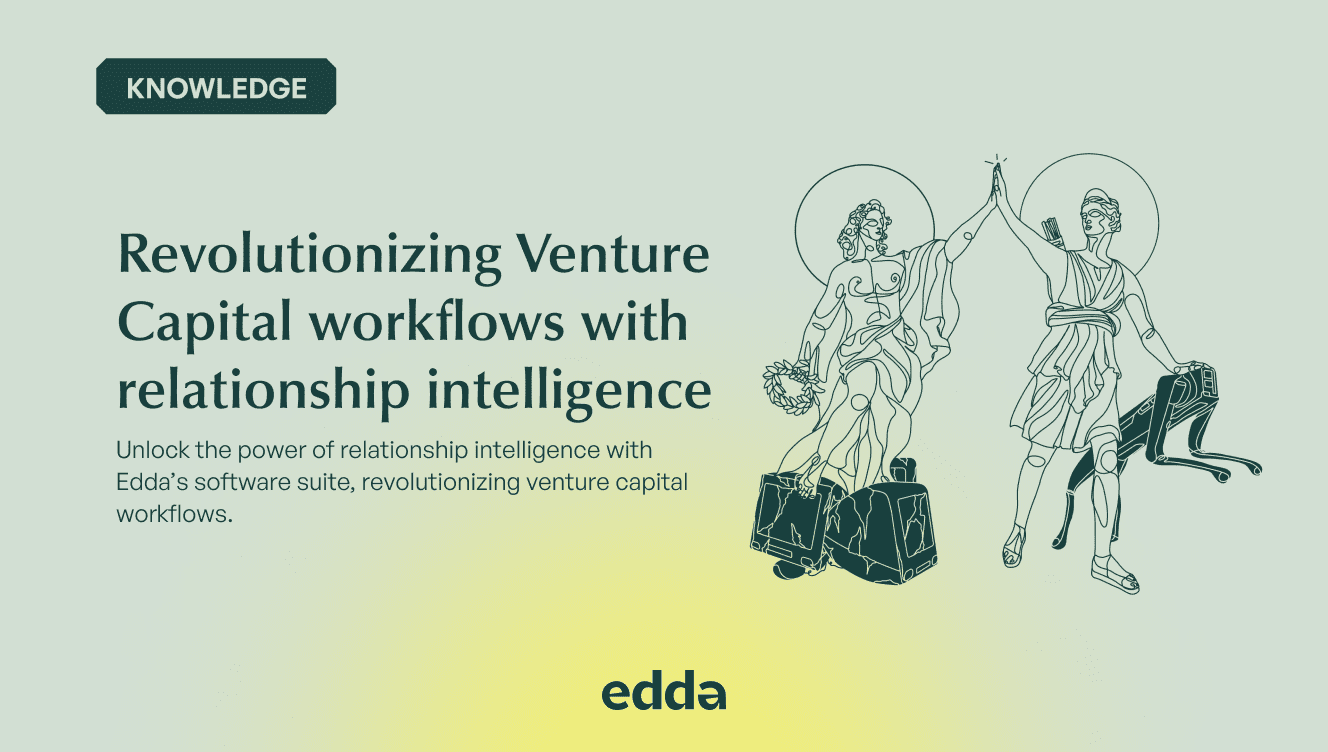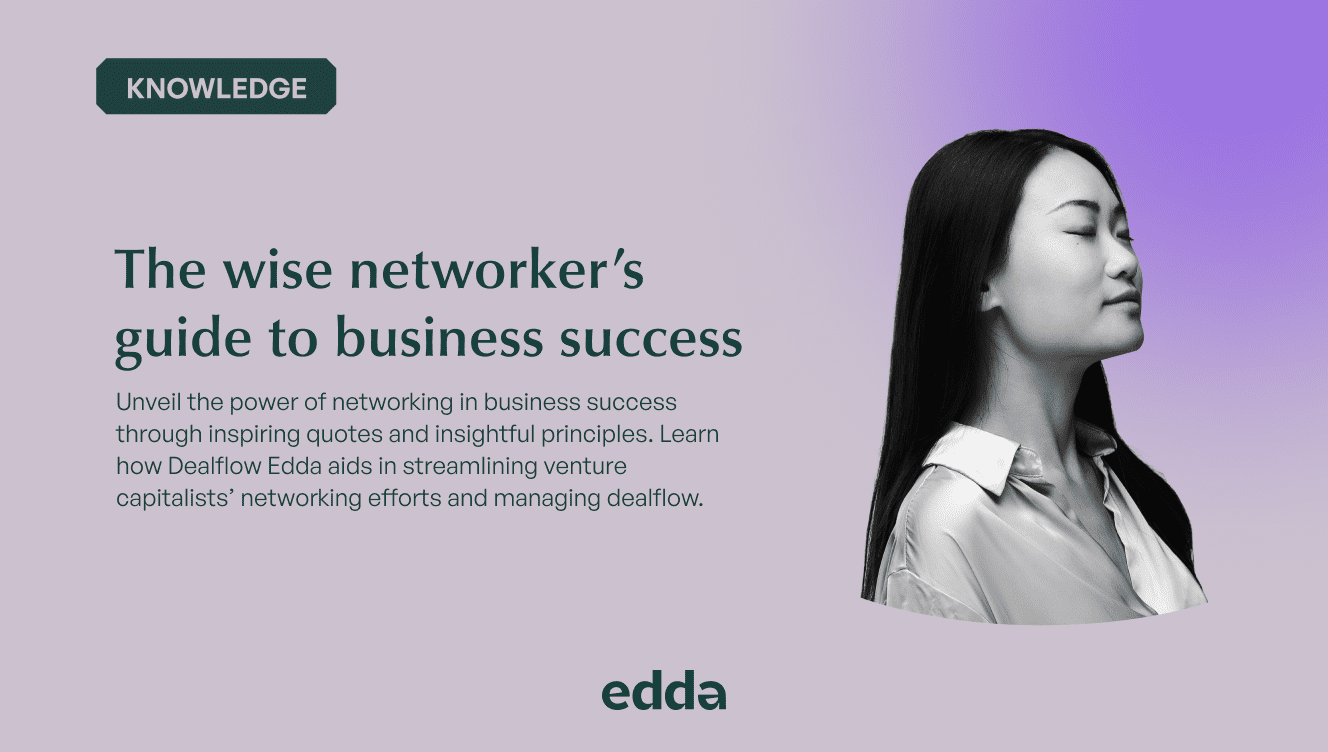In the private equity industry, Limited Partner-General Partner (LP-GP) relationships play a pivotal role in driving investment opportunities and achieving success. As the industry continues to evolve, it becomes crucial to understand and adapt to the changing dynamics within LP-GP relationships.
This article explores the significance of LP-GP relationships, how they’ve changed over time, and how to address the challenges and opportunities that arise with the help of software venture capital tools.
The Importance of LP-GP Relationships
LP-GP relationships form the backbone of the private equity industry, facilitating capital deployment and investment strategies. Collaborating effectively, LPs and GPs bring together resources, expertise, and networks necessary for successful investments. In 2022 alone, LP-GP relationships accounted for approximately $1.4 trillion of private equity assets under management globally, highlighting their importance for sustained growth and success.
Traditional LP-GP Dynamics
In the traditional LP-GP model, LPs provide the capital while GPs serve as fund managers responsible for investment decisions. LPs commit capital for a defined period, while GPs manage the fund’s investments and seek to generate returns. Alignment of interests is crucial in the LP-GP relationship, ensuring shared goals and incentives. Transparent reporting, communication, and consistent fund performance evaluation foster trust and strengthen the relationship.
Evolution of LP-GP Dynamics: LPs Influencing Business Practices
LPs are no longer satisfied with passive investments. They seek active collaboration and influence over the investment process. Increasingly, LPs are voicing their desire to align investments with sustainable practices, such as environmental, social, and governance (ESG) considerations and the United Nations’ Sustainable Development Goals (SDGs). LPs are strategically influencing business practices to promote responsible and ethical investments.
To address these changing expectations, General Partners (GPs) are embracing compliance-oriented policies and systems that can report on ESG requirements. Some GPs are even hiring consultants to assist in building these frameworks. By proactively integrating ESG considerations and embracing sustainable practices, GPs can strengthen their relationships with LPs while achieving strong financial results.
Co-Investing Trends: LPs Seeking Increased Return on Investment
LPs are increasingly interested in co-investing alongside GPs, allowing them to directly invest in promising companies at an early stage. Co-investing offers LPs greater control, enhanced diversification, and potentially higher returns. A study by McKinsey revealed that the value of co-investing deals more than doubled from 2012 to 2018, reaching an impressive $104 billion.
According to a Preqin study, 80% of LPs found that their co-investments outperformed private equity fund investments, with 46% of those outperforming by a margin of more than 5%. This trend highlights the growing importance of effectively tracking potential deals to efficiently capitalize on co-investment opportunities. By leveraging dealflow management tools and processes, GPs can ensure they close co-investment opportunities while strengthening their partnership with LPs.
Active Participation: The Rise of Multiplayer Finance
A significant shift is occurring in LP-GP relationships, as LPs increasingly recognize the value they bring beyond capital injection. LPs are hungry for intellectual engagement and actively seek to contribute their expertise, networks, and perspectives to enhance the success of a business. This shift is leading to the emergence of multiplayer finance, where LPs actively participate and collaborate with GPs in decision-making processes.
Venture capitalists are now exploring new ways to compete by embracing the capabilities and insights of intellectually curious LPs. LPs are no longer “limited” partners but rather valued contributors to the success of investments. This shift calls for GPs to appreciate and nurture ongoing, productive relationships with LPs by leveraging their expertise and actively involving them in the investment process.
Evolving LP-GP Partnership Models
New partnership models and approaches are emerging to meet the changing needs of LPs and GPs. These models focus on collaboration, flexibility, and customization. Co-investment opportunities and direct investing trends have gained traction as LPs seek greater control, enhanced diversification, and potential cost savings.
GP-led secondary transactions provide liquidity options for LPs, and LP advisory committees play a crucial role in ensuring fairness and representing LP interests. Customized solutions and tailored approaches are key to meeting the diverse needs of LPs and fostering stronger relationships.
To succeed in the evolving LP-GP landscape, GPs should focus on strategies that build trust and foster long-term partnerships. This includes promoting transparency, actively engaging with LPs through regular communication and meetings, and establishing mechanisms for feedback and input. Prioritizing ESG considerations, implementing robust governance practices, and demonstrating a commitment to responsible and sustainable investing is also crucial. GPs that proactively engage with LPs will be well-positioned for success in the ever-changing private equity industry.
Challenges and Opportunities
As LP-GP relationships evolve, navigating the landscape presents both opportunities and challenges. GPs must adapt to increasing demands for transparency, implement robust governance frameworks, and invest in advanced technological infrastructure to support effective communication and streamlined reporting. Embracing technological solutions, such as data analytics and a venture capital CRM like Edda (formerly Kushim), can enhance operational efficiency and improve LP-GP engagement.
However, with the changing dynamics, there are also significant opportunities for GPs to strengthen relationships and deliver value to LPs. By fostering open communication channels, providing comprehensive reporting on fund performance, and demonstrating alignment with LPs’ goals and values, GPs can gain a competitive advantage. Building trust and transparency are key strategies for nurturing long-term partnerships.
To succeed in the evolving LP-GP landscape, GPs should prioritize the following:
Proactive Engagement: Actively engage with LPs through regular communication, meetings, and collaborative sessions. Seek their input and feedback to foster a sense of partnership and inclusion in the decision-making process.
Transparency and Reporting: Provide comprehensive and transparent reporting on fund performance, investment strategies, and risk management. LPs expect accurate and timely information to make informed decisions.
Alignment with ESG Objectives: Incorporate environmental, social, and governance considerations into investment strategies. Demonstrating a commitment to responsible and sustainable investing aligns with the evolving expectations of LPs.
Technology Adoption: Embrace technological solutions that streamline communication, reporting, and data management. Utilize advanced analytics tools to gain insights, track dealflow, and identify investment opportunities that align with LPs’ preferences.
Customized Approaches: Recognize the diverse needs of LPs and offer tailored solutions that cater to their specific preferences and risk profiles. Emphasize flexibility and customization in investment strategies.
By implementing these strategies, GPs can navigate the evolving landscape of LP-GP relationships and position themselves for success in the private equity industry. Adapting to the changing dynamics, embracing collaboration, and leveraging the expertise and contributions of LPs can lead to fruitful partnerships and mutually beneficial outcomes.








